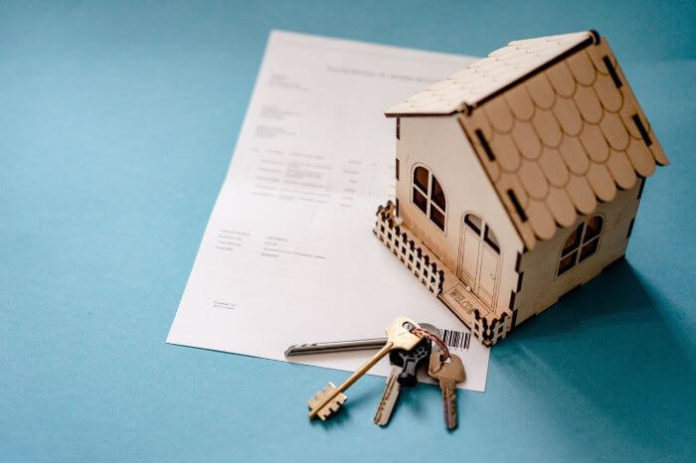Do you have a piece of investment real estate you hope to sell? If you sell it outright, you’ll have to pay capital gains taxes on the proceeds. And that could eat up as much as 28 percent of your profits. But if you do a 1031 exchange, you can sell your investment property and roll the proceeds right into buying another piece of real estate.
That way, you will be able to defer paying capital gains taxes until you sell that property. But when does it make financial sense for you to do a 1031 exchange? You can only use a 1031 exchange to buy another investment property – you can’t buy a property for personal use, like a vacation home or a primary residence.
You should only do one if you want to defer capital gains taxes. And it’s best to only perform a 1031 exchange if you have a replacement property in mind to buy. That’s because there are deadlines controlling the process. If you are wondering if a 1031 exchange is right for you, here are some things to help you decide.
1031 Exchanges Explained
1031 exchange is named after Section 1031 of the Internal Revenue Code (IRC). It allows you to use a qualified intermediary to perform what’s known as a like-kind exchange of one piece of investment real estate.
If you only own a fraction of your piece of investment real estate, such as in a Delaware statutory trust, you can sell it and use the proceeds to perform a 1031 exchange. That means you will be buying another fraction of a property or an entire property with the proceeds you made from the previous sales.
When you perform a 1031 exchange, your qualified intermediary will sell your investment property and hold the proceeds for you in escrow. You’ll never receive any of the proceeds, so you can’t be taxed on them because technically, you never received them.
Of course, if the replacement property you swap for is worth less than your original investment property, you will be given some of the proceeds of the sale. And that means you will be taxed on that money. That is what’s called ‘the boot.’
A 1031 Exchange Is Also Called a Like-Kind Exchange
A 1031 exchange is known as a like-kind exchange because you’re required to swap your old property for a new property that is similar in kind. That doesn’t mean it has to be the same kind of rental property.
You don’t have to swap an apartment building for an apartment building or a doctor’s office for a doctor’s office. You can swap for any kind of investment property, as long as the property is used as an investment property after your purchase.
Use a 1031 Exchange to Defer Taxes
The primary benefit of doing a 1031 exchange is that it can help you defer paying capital gains taxes on the sale of an investment property. That’s especially useful if you’ve held the property you’re selling for a long time, and it’s gone up significantly in value. And that is usually the case for many real estate investors who bought their investment properties before the recent increases in real estate prices that have affected many markets over the past 10 to 15 years.
You won’t have to pay capital gains taxes on any of the sale proceeds that are rolled over into the purchase of a new investment property. And that could mean deferring all of your capital gains taxes if you’re able to roll over all of the money into your replacement purchase.
Once you finally do liquidate your real estate holdings, you will need to pay capital gains taxes on the proceeds. However, if you die without liquidating your real estate holdings, your heirs will receive them and won’t ever have to pay your deferred capital gains taxes.
Only Do One If You Have a Replacement Property in Mind
There are deadlines surrounding the 1031 exchange process. You have 45 days from the date the sale of your old property closes to name about three replacement properties. These are properties that your qualified intermediary can buy using your sale proceeds.
Once you’ve named your replacement property, you have 180 days to close that sale. If you miss these deadlines, you could end up paying capital gains taxes on your sale proceeds. You’ll also lose the money you paid the qualified intermediary for their services. And of course, you’ll never be able to get those seven-and-a-half months back.
To make sure everything happens on time, you should choose a replacement property before you begin the 1031 exchange process. You can do a simultaneous exchange, in which you and the buyer swap your properties at the same time.
That is better than when you use a deferred exchange, in which you sell some weeks before buying the replacement property. You can even do a reverse exchange where you buy your replacement property first and then sell the old property.
Final Note about 1031 Exchange
A 1031 exchange can save you a lot of money in capital gains taxes. It will also enable you to invest more of your money into real estate. For many real estate investors, it’s the best tool to grow wealth.
New to real estate and will like to learn a few things about starting a business in the industry? You can check out our post on ways you can grow your real estate business and make money from it.







